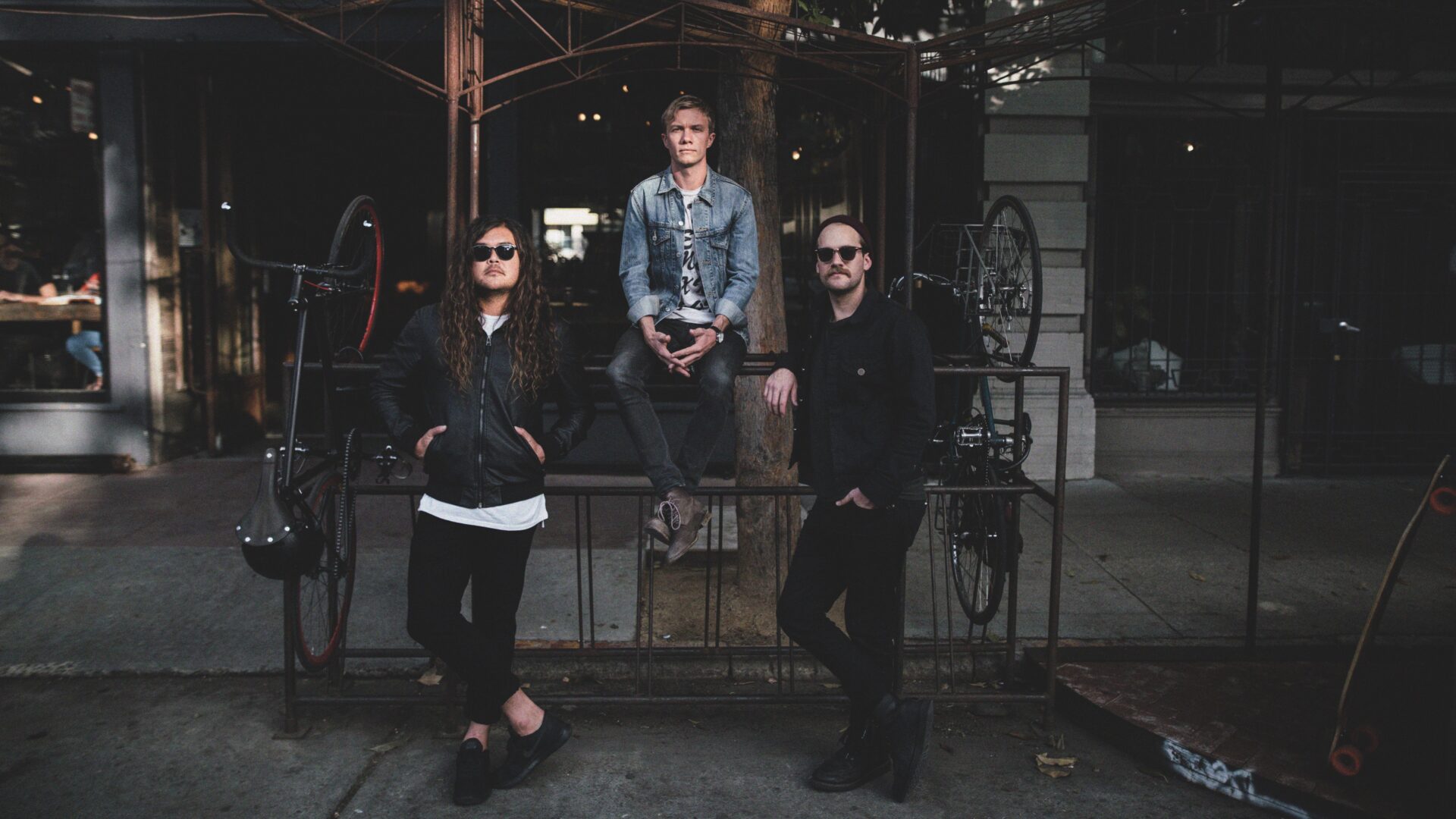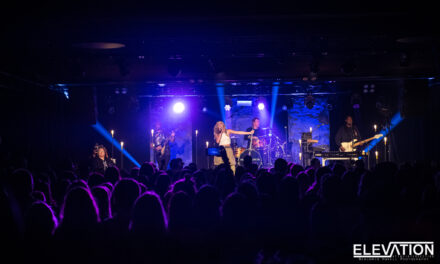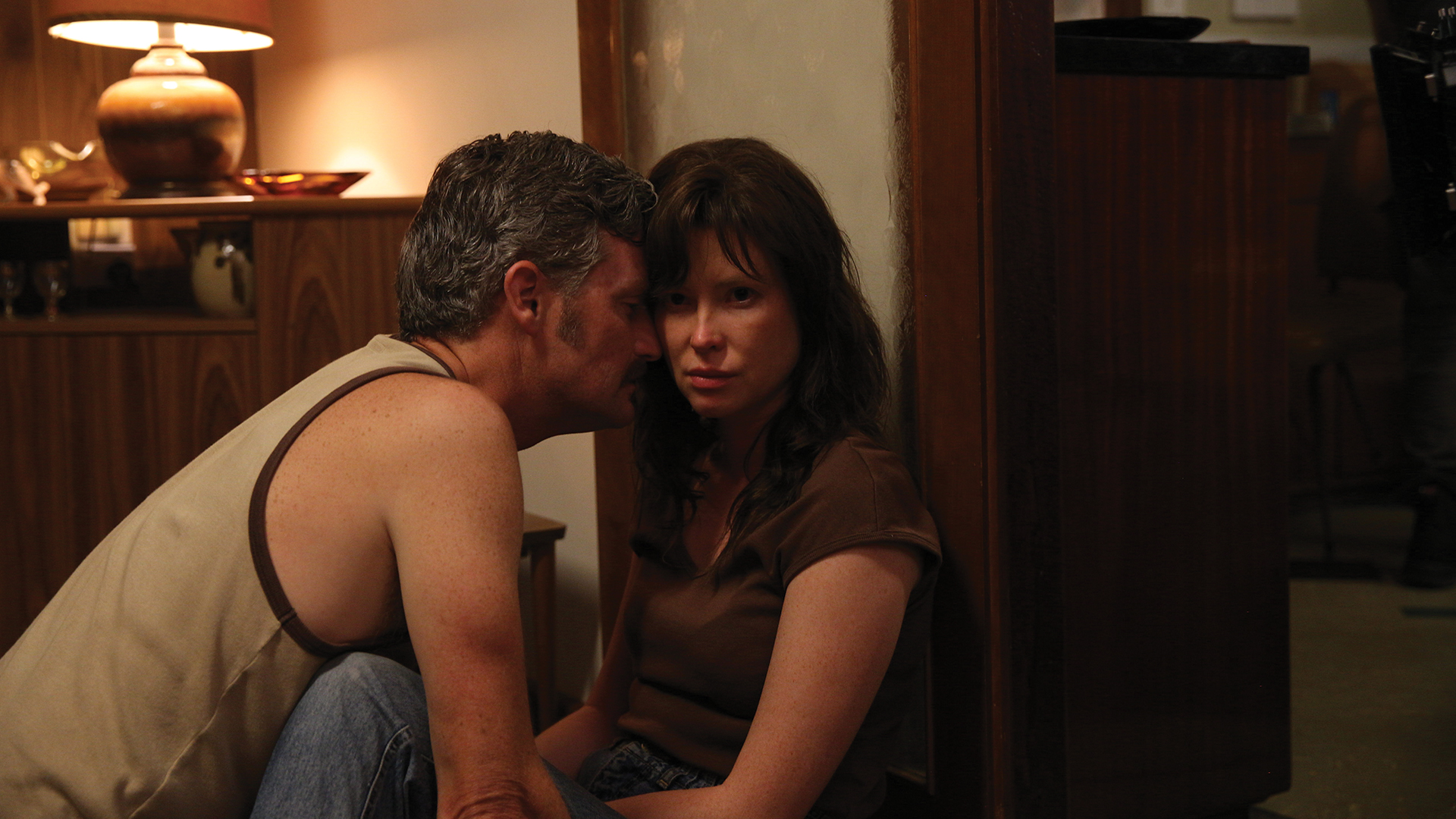There’s something so magical about the idea of moving to a new city. Inspiration pours through you as you imagine exploring your new surroundings. Your head is filled with all the people you’ll meet, and the opportunities you’ll come across. It can be the push we need to really go after our dreams.
Maybe you know exactly where you want to be—and we envy those of you—but for anyone who isn’t quite sure what city is the best fit for their income level, genre, profession, and overall style, we’ve created a field guide of some of North America’s most popular music cities and a breakdown of their expenses, popular genres, strengths and weaknesses.

AUSTIN, TX
“What I love the most about living in the Live Music Capital of the World is that you become part of a family. The hospitality and ‘help your neighbor’ attitude—both within the industry and out—makes for easy and friendly networking opportunities.” —Xochitl Hansen, ShuffleBeat Music and UMusicians
Average rent: $750+ for a studio, $1,000+ for a one-bedroom. Rented room comes in at $500+ a month.
Popular genres in the city: Anything and everything. Lots of pop-punk but also a healthy dose of alt-rock, country, singer-songwriter, pop, and even metal.
Industry presence: “Austin is the city to be in,” says Caitlin Ray, a freelancer in tour and festival merchandise management. “When I first moved I was shocked at the amount of people that had just relocated there for the music industry from Los Angeles and Nashville.”
City strengths: The incredible sense of support that everyone feels in Austin. Although there’s a lot of competition, the scene supports one another. With all the available shows and meet-ups, interviewees report that it’s easy to meet like-minded people and there’s always something to see.
City weaknesses: The overwhelming amount of artists can make it difficult to get noticed. There’s also a seemingly endless stream of traffic, which makes getting around a challenge.
Live scene vibe: There’s no shortage of gigs available, and not just your average bar gigs either: “We’ve played a vintage furniture store, restaurants, benefit fundraisers…even the ‘stage’ next to the screen in a movie theater,” says Claiming Neptune’s Adam Barone. Austin is also home to the annual South By Southwest festival, the largest music festival of its kind in the world.
Notable residents: Explosions In The Sky, Spoon, and Gary Clark Jr.
Bonus:
Austin has an impressive amount of resources for musicians, including Rock N Roll Rentals, the Health Alliance for Austin Musicians, the Sims Foundation, and the Austin Music Foundation, which regularly offers educational tools to the music community. In addition, there’s no state income tax and during the first week of January the city holds Free Week. “Musicians play in every venue and bar at no charge to the fans,” explains Ian Cochran (Cowboy Diplomacy). “Every band in town wants to be a part of it and it’s basically a mini-festival in support of the local scene.”
Music Industry Meet-Ups: Balanced Breakfast, EARS, Austin Music Tech, Meshed Up Production – Music Industry Mixer Mondays, Austin Musicians Meetup

BAY AREA (SAN FRANCISCO / EAST BAY)
“[I] was always drawn to it for its natural beauty, its diversity, its funkiness, and it being a creative and political epicenter for so many decades.” —Drea M, indie-noir musician
“The passion of the city is contagious.” —Stefan Aronsen, Balanced Breakfast co-founder
“I can quickly travel to warm sandy beaches, mighty redwoods or snow-capped mountains.” — Jared Swanson, Abbot Kinney
Average rent: Crazy high. Rent prices are constantly increasing and currently average anywhere from $2,500+ a month for a one-bedroom in San Francisco and $1,700 to $2,000 for a one-bedroom in the East Bay.
Popular genres in the city: Like the diverse city it is, genres run wild here. There’s something for everyone.
Industry presence: Because Los Angeles is relatively close, the industry presence in the Bay Area is minimal to moderate.
City strengths: The mentality in the Bay Area music scene is “we’re better together than we are alone” and that shines in the thriving music community. In addition, there’s a solid amount of press available for emerging acts, including The Bay Bridged, DoTheBay, and local radio stations Live 105 and BFF.FM.
City weaknesses: Because of the high cost of living, it can be difficult to bring crowds out to shows, and extra income is scarce. This can also make pursuing a full-time music career next to impossible.
Live scene vibe: There’s no shortage of gigs, but because of the over-saturation many end up being poorly paid. On the plus side, the Bay Area is home to countless incredible venues, both newer and historic, intimate and immense. San Francisco also hosts popular annual music festivals like Outside Lands and Treasure Island Music Festival.
Notable residents: Third Eye Blind, Green Day, and Tycho.
Community/Music Industry Meet-Ups: Balanced Breakfast San Fran, Balanced Breakfast East Bay
Personal note—Balanced Breakfast SF changed my life and my career when I moved to SF for a brief stint in 2015, and I was thrilled to help implement it in other cities when I left. If you’re ever in the Bay Area on a Thursday morning, it is 100% worth being there at 8am. If you’re in any of the other cities that offer a Balanced Breakfast, make the time and effort to go. You won’t regret it.
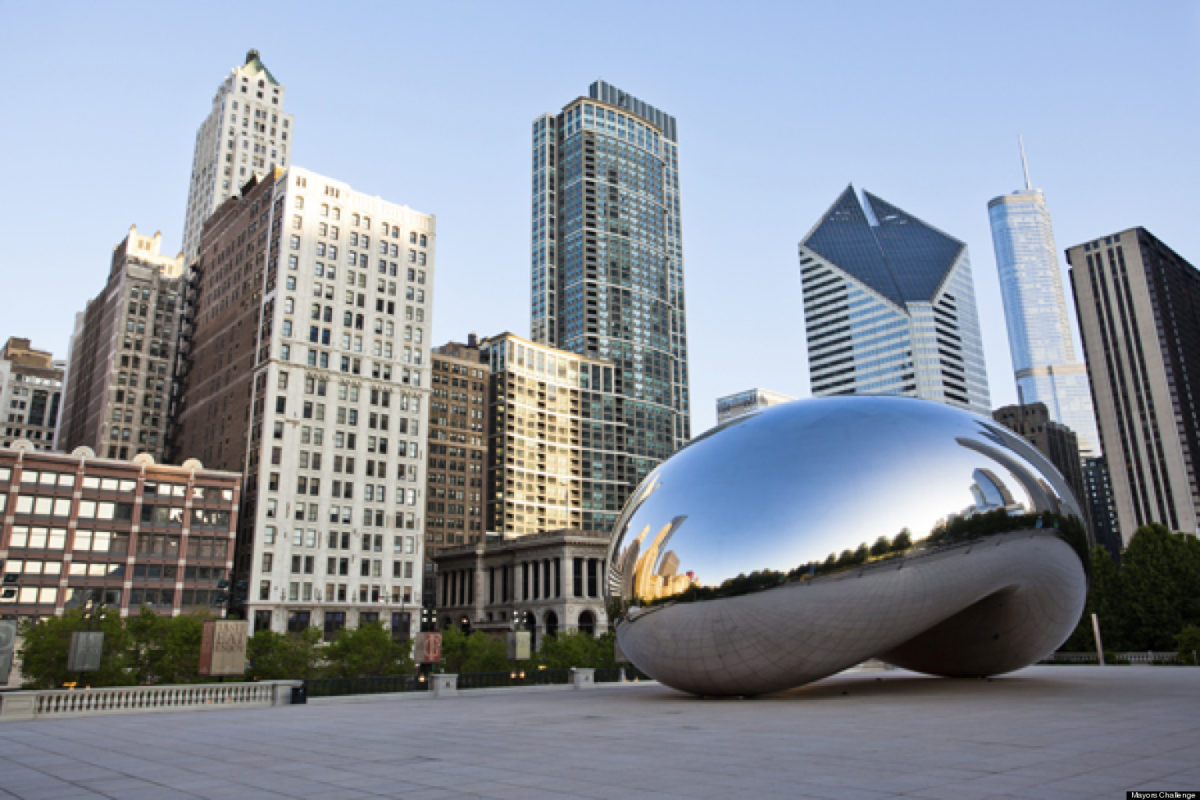
CHICAGO, IL
“This city holds a lot for those ready to start off their careers or grow their business.” —Nina Swint, Out of Context Chicago
“Almost every weekend I’m going to a different apartment DIY space to see a band [that] either I’ve never heard of, or one that I liked so much from a past show that I wanted to see again.” —Codi Oehlerking
Average rent: Chicago varies drastically depending on location. You can score a one-bedroom as low as $1,000+ a month, but the average is closer to $1,500. If you’re willing to share, $500+ a month for a room is average.
Popular genres in the city: Pop-punk, indie rock, and blues are all popular, though the city’s genre selection is diverse.
Industry presence: While there are a fair amount of student-run labels, venues, and opportunities to work some of the city’s larger festivals, there are not a lot of big-name companies.
City strengths: Chicago has a strong sense of community and diversity, and no shortage of talent. There’s a rich history of everything from blues to hardcore in Chicago, making it a great place to grow no matter the genre.
City weaknesses: High taxes, over-saturation of talent, and not enough industry jobs are the city’s biggest voiced weaknesses.
Live scene vibe: The good news is that there are a lot of shows to attend, but attendance isn’t always high. Still, the live music scene is a friendly one with promoters doing their best to help bands. Local tip: If you’re low on cash, check out The Empty Bottle, which has free Monday nights most weeks. The city also hosts many festivals including Lollapalooza, Riot Fest, Mamby on the Beach, and North Coast.
Notable residents: Fall Out Boy, OK Go, and Wilco.

DENVER, CO
“I feel that Denver is on the cusp of being the next great music city. With such a growing, diverse, and supportive community it’s only a matter of time before the rest of the country realizes that Denver has more to offer than beautiful mountains and legal weed.” —Joel Rekiel, BLDGBLKS Music Company
Average rent: $800 to $1200 a month for a one-bedroom.
Popular genres in the city: Folk, rock; a little bit of everything.
Industry presence: There are a lot of freelancers in photography and videography, but less labels, PR, and “traditional” industry.
City strengths: Denver residents were absolutely gushing about their city. It’s musically diverse with a deeply curious audience that’s not tied down to just one genre. This comes across in their live shows, which often feature multi-genre lineups. It’s also reportedly much less cutthroat with a plethora of creative people inhabiting the city, making inspiration pretty easy to come by.
City weaknesses: This was the only city with very few weaknesses reported. The only major complaint was in regards to a lack of industry meet-ups.
Live scene vibe: Very healthy. There’s regular show attendance with lots of energy from the crowd, and certainly no shortage of opportunities for artists who are willing to work hard. Denver is home to a handful of music festivals as well, including its own installment of Riot Fest.
Notable residents: The Lumineers, the Fray, and Flobots.
Community/Music Industry Meet-Ups: Balanced Breakfast, Colorado Music Collective, The Music District, Colorado Music Business Organization
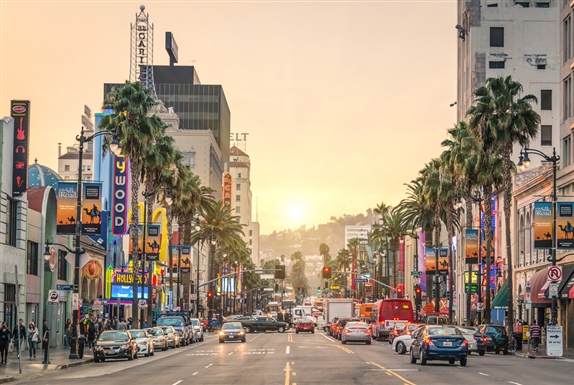
LOS ANGELES, CA
“The music industry is very much alive and vibrant in Los Angeles. It is the entertainment capital of the world.” —Scott Sturgis, Big Break Music
“You couldn’t throw a rock and hit someone who isn’t an industry professional in L.A. So, yeah, it’s damned healthy here.” —Trina Green, High Voltage Magazine
Average rent: Expensive, as you might expect. $1500 to $2000 for a one-bedroom. $600 to $800 for a room.
Popular genres in the city: EDM, rock, and hip-hop with just about anything else sprinkled in.
Industry presence: It’s L.A., you guys. The industry presence is alive and thriving.
City strengths: Because of the strong industry presence and amount of musicians that make L.A. their home, there is a lot of networking opportunities. This lends itself to a musically enriched, inspiring vibe.
City weaknesses: It’s no secret this city suffers from the dreaded pay-to-play, and that, coupled with the high cost of living are the biggest weaknesses. It can also be incredibly competitive because artists are vying for attention alongside Grammy award-winning musicians. Also, L.A. traffic is no joke and gas prices in California are high.
Live scene vibe: Pay-to-play kills a lot of live music, but there’s no doubt that shows are a great place to network. Local tip: The Satellite, the Echo, Bootleg and Silverlake Lounge all offer a free Monday night residency. As far as catching a show, Los Angeles is a major market and practically any tour making its way to the West Coast will stop in some area of the city.
Notable residents: Beck, Grouplove, and Weezer.
Community/Music Industry Meet-Ups: Balanced Breakfast, LA Music Creators, National Association of Recording Industry Professionals, LA Songwriters Collective, LA Women In Music, The Recording Academy Producers and Engineers Wing, Guild of Music Supervisors, Songwriters Guild of America
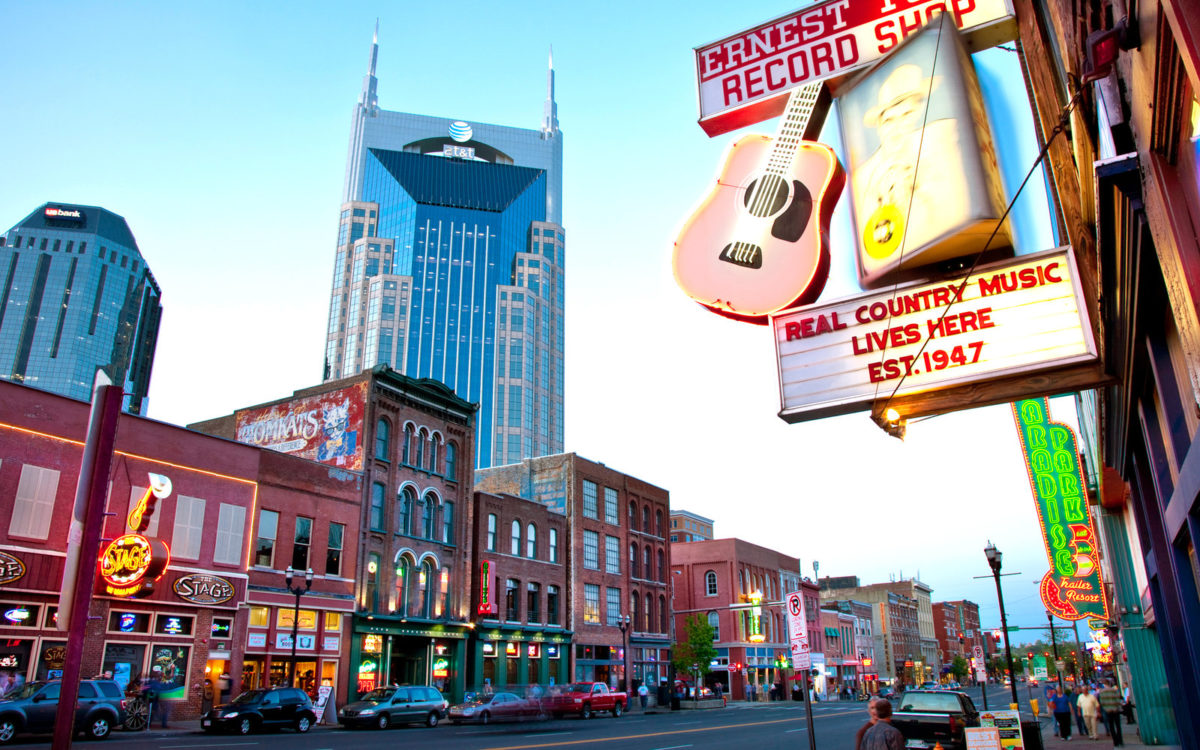
NASHVILLE, TN
“It’s a very open-book city where contacts are shared, hands are shaken, and great relationships are built in the industry.” —Chelsea White, Street Talk Media
“We have an incredible amount of talented people in just about every aspect of the industry.” —Marc Frigo, multi-platinum mixer & recording engineer
Average rent: A one-bedroom runs $800 to $1,000 a month on the low end, while a rented room averages $500 to $600.
Popular genres in the city: Singer-songwriter, country, and Americana.
Industry presence: Nashville’s industry presence is thriving, though much of it caters to the city’s most prominent genres.
City strengths: This is your classic big city/small town—but friendlier. Nashville boasts a strong sense of community and genuine friendliness, and is filled with venues and meet-ups that allow for ease in networking and access to workshops/events.
City weaknesses: The city is seeing a spike in new residents, which means the cost of living is rising. As with most cities, there’s a reported feeling of competition and difficulty distinguishing oneself.
Live scene vibe: Two words that kept coming up to describe Nashville’s live music scene were “casual” and “chill.” Shows are laid-back, and you’re likely to see the same faces if you go to enough of them, strengthening the community vibe. There’s always a show to see, but if you’re booking yourself, expect lower weekday turnout.
Notable residents: Kings Of Leon, Lady Antebellum, and the Civil Wars.
Community/Music Industry Meet-Ups: Balanced Breakfast, Who Knew, Cocktail with Creatives, Dinner with Dreamers, Music Starts Here, Make Pop Music, The Recording Academy, Young Entertainment Professionals, Pop Off, Party On The Moon, SOLID
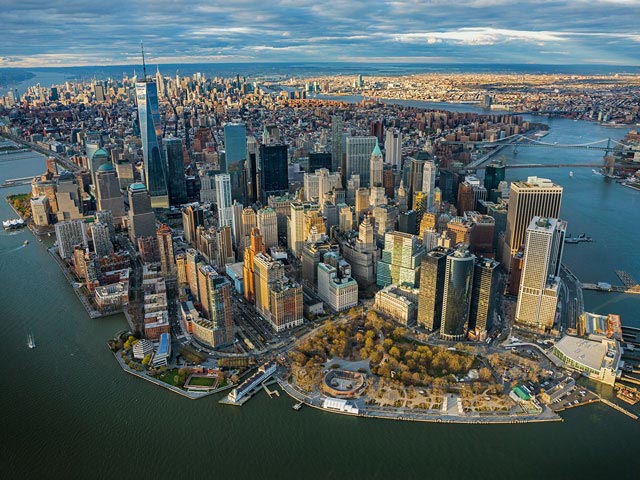
NEW YORK CITY, NY
“There is an energy about the city that pushes you to hustle like nowhere else. This city is so culturally diverse that without even trying you are automatically immersed in others’ experiences.” —Black Ora
“Even though millions of people live here, the music industry still feels very small. Everyone knows everyone, or knows someone who knows someone.” —Lisa Occhino, SongwriterLink
Average rent: Depending on what part of NYC you live in, rent varies drastically. Expect to pay no less than $1,000+ a month for a room or upwards of $1600 to $2,000 a month for a one-bedroom or studio in Brooklyn or Queens.
Popular genres in the city: Hip-Hop, EDM, rock, and indie-pop.
Industry presence: Despite much of the industry moving to Los Angeles, there’s still a strong presence in NYC with several big-name artists and companies.
City strengths: This is New York City! There is endless energy, passion, inspiration, culture, and diversity around every corner. It’s easy to thrive off everyone’s inspiration and energy, and the abundance of talent forces you to stay on your toes.
City weaknesses: This is a city that calls to people with big dreams, and because of that it’s rather homogenized. It’s also very expensive, which requires a lot of sacrifice.
Live scene vibe: NYC has a strong live scene with a never-ending supply of shows, but if you’re a musician looking to book, you need to make a strong effort to network. Once you’re in, expect to see many of the same faces pop up at your favorite venue. There’s a definite community vibe within different neighborhoods and venues.
Notable residents: Yeah Yeah Yeahs, Vampire Weekend, and the Chainsmokers.
Community/Music Industry Meet-Ups: Women In Music Manhattan, The NYC, NY Music Tech, Digital Music NY, Speakeasy Music + Tech Mixer

PHILADELPHIA, PA
“I love that on any given day at almost any given time, there’s music happening somewhere. Whether a local show, or a national touring act, Philly sees it all. We’ve got options.” —Dave Lisowski, Foxal Productions
“The music scene in Philadelphia is one of the most dedicated and passionate. No matter the genre, you can somehow find an event going on almost every night. You really can find a sense of community in this city especially within the DIY scene.” —Shana Davidson, Wanderlust Agency
Average rent: $800 to $1,400 a month.
Popular genres in the city: They’re all here!
Industry presence: Minimal, unfortunately.
City strengths: You’ll never run out of people to meet and shows to see. There’s a plethora of genres to choose from, making it easy to find your tribe.
City weaknesses: Because Philly is home to Drexel, there are a lot of musicians and aspiring industry professionals in the city trying to make it, which can create a sense of repletion (especially when industry presence isn’t strong) and can make finding an industry job very difficult.
Live scene vibe: Tight-knit. This is a college city, and the fans are all about supporting the local scene, which means that it isn’t as difficult to get people out to shows as it might be elsewhere.
Notable residents: The Roots, Marian Hill, and Circa Survive.

PORTLAND, OR
“Strangers ask you how your day is going and actually care.” —Ashley Kervabon (Ashley Xtina), Junior Publicist Muddy Paw PR
Average rent: $925 to $1200+ a month for a one-bedroom or $550 to $700 for a room.
Popular genres in the city: Singer-songwriter, indie, rock.
Industry presence: Rise Records is arguably one of the larger industry presences in Portland, and there is industry sprinkled throughout, but this is definitely a town that’s filled primarily with musicians.
City strengths: Portland is a scene that supports its own, and allows ample opportunity for collaborations. It’s incredibly proud of what it produces, and that support shines through. Plus, no sales tax!
City weaknesses: Because of the lack of industry, a lot of artists are leaving for New York or L.A. in the hopes they can get in front of the “right people.” For the same reason, industry jobs are tough to come by.
Live scene vibe: With as much talent as Portland has, it should come as no surprise that there’s always plenty of shows to choose from.
“One of the best things about the city of Portland is just how intimate venues are,” explains Jake Denning, host of podcast Real Talk With Jake Denning. “With any given tour routing, we’re just about near the bottom as far as venue capacity goes. For instance, the Roseland Theater is the largest club venue in Portland, with a modest capacity of 1,550.”
Notable residents: The Decemberists, She & Him, and STRFKR.
Music Industry Meet-Ups: Balanced Breakfast

TORONTO, ON, CANADA
“Being downtown on any given night offers magic of every musical flavor, as the city’s heart beats to the sounds coming from inside each of the many concert venues.” —Ryan VanDrie, if & when
“Living here has given me amazing opportunities to shoot and network with artists that I never had before I moved.” —Kelsey Gie Photography
Average rent: One bedrooms average $1300 to $1600 CAD or $500 to $800 CAD for a room.
Popular genres in the city: Indie rock, alt-rock, singer-songwriter, hip-hop.
Industry presence: This is Canada’s music capital. While other major Canadian cities like Vancouver and Montreal have their own scenes, Toronto seems to dominate in terms of industry (and musician) presence.
City strengths: Toronto is incredibly diverse in just about every way, and the city is currently undergoing government initiatives to make it a “music city.” This culture creates a lot of opportunity for gigs and networking.
City weaknesses: Because the majority of the Canadian music industry is here, you can become a small fish in a big pond, and it can be a struggle to really stand out.
Live scene vibe: “There are always gigs available in the Greater Toronto Area. You could have a gig every night of the week if you wanted to!” —Michelle Thibodeau, singer-songwriter
There is a plethora of gigs for the taking, but they don’t always pay well. Artists also reported feeling like audience involvement was hit or miss. One night your show might be packed with energy, the next it’ll be full of people checking their phones.
Bonus: One of Canada’s greatest strengths is that it offers its musicians ample opportunity at government grants to record their music, tour it, hire publicity and marketing teams, and much more. Grants are open only to Canadian residents and businesses, but if you happen to have citizenship, this could be reason enough to call Toronto home. The city also features frequent workshops and events put on by Music Managers Forum, CIMA, and Music Ontario.
Notable residents: Metric, Crystal Castles, and Broken Social Scene.
Community/Music Industry Meet-Ups: Balanced Breakfast, BS Fridays, Toronto Women In Music, Kismet Thoughts, Fref’all Sundays, Songwriters Association of Canada


